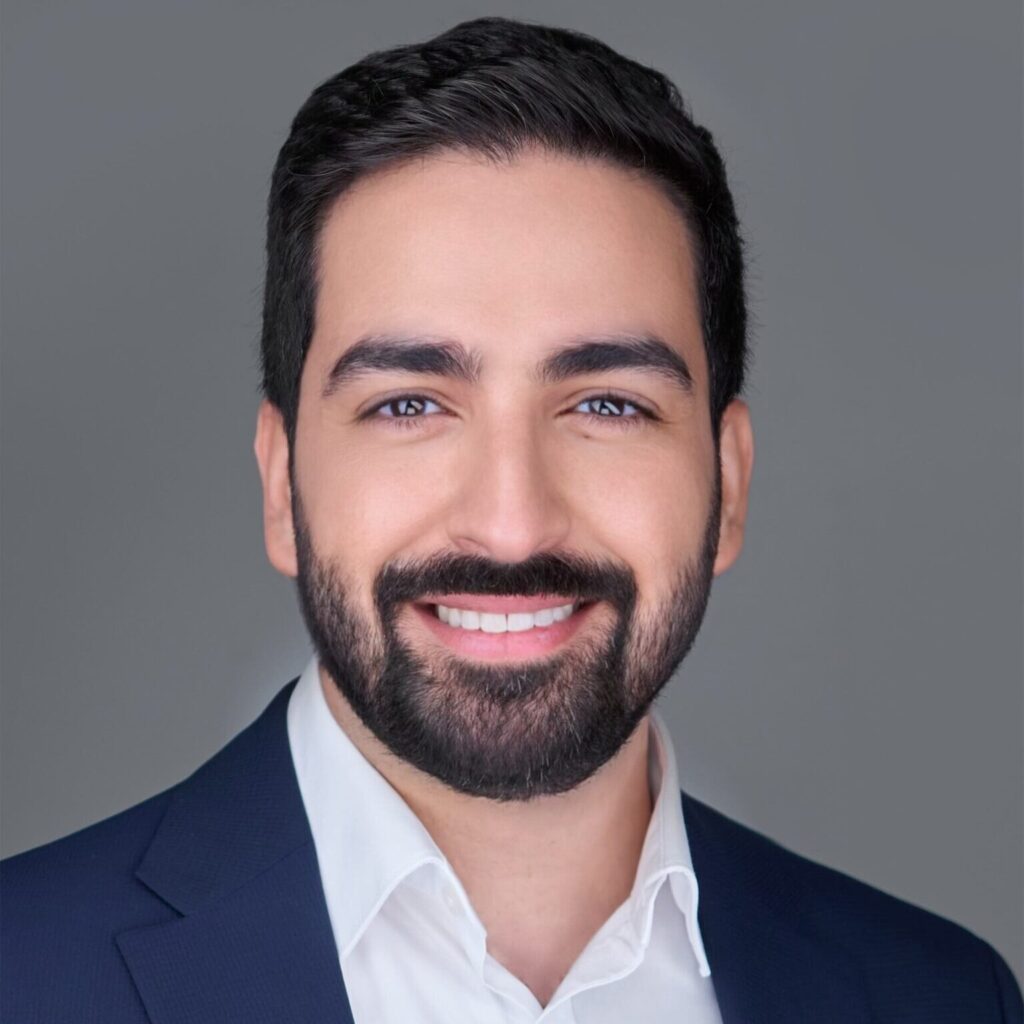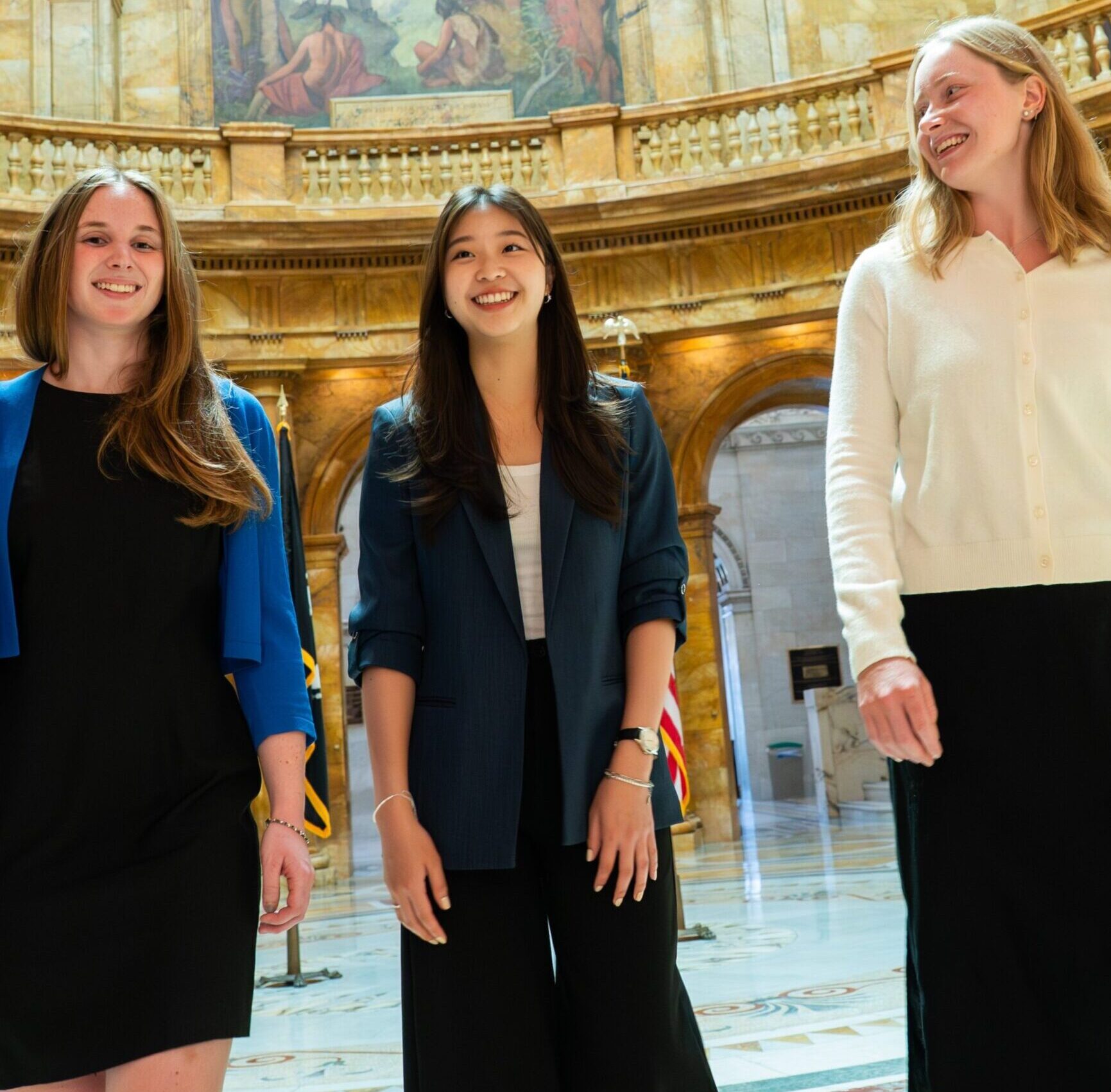
Ali Zankawi
Ali is an environmental health enthusiast who works in climate change adaptation and mitigation efforts in his home country of Kuwait. A trained physician who pivoted to public health practice over seven years ago, Ali’s interests have grown beyond traditional public health. His knack for data analytics drove him to create an electronic health records startup that addressed the market gap in single-practice private clinics in Kuwait. Ali served as the lead geospatial mapping officer in the Kuwaiti National COVID-19 Pandemic Taskforce, where his work helped guide various aspects of the pandemic response and vaccination efforts. Recently, Ali worked with a multi-sectoral team in Kuwait to conduct a Climate Change and Health Vulnerability and Adaptation Assessment that will guide the development of a Health National Adaptation Plan. Ali is also an active member of the WHO’s Alliance on Transformative Action for Climate and Health and has used that opportunity to advance his department’s regional cooperation on climate change preparedness and response. Currently, Ali is enrolled in the Doctor of Public Health program at the Harvard T. H. Chan School of Public Health, in the Climate Change and Planetary Health concentration. He has also joined several climate change student interest groups and has been selected for the Salata Institute Student Ambassadors Program. Ali also holds a Master of Public Health degree from the Johns Hopkins Bloomberg School of Public Health. Ali loves the arts and is a self-taught graphic designer who has incorporated that skill into multiple public health awareness and educational projects. He has a keen interest in architecture and urban planning and is currently exploring the intersection of urbanism and public health. In his free time, Ali loves to be outdoors, either taking long walks in the city or hiking in the woods and being in tune with nature.
The Salata Institute
The Salata Institute supports interdisciplinary research that leads to real-world action, including high-risk/high-reward projects by researchers already working in the climate area and new endeavors that make it easier for Harvard scholars, who have not worked on climate problems, to do so. Faculty interested in the Climate Research Clusters program should note an upcoming deadline for concepts on April 1, 2024.









